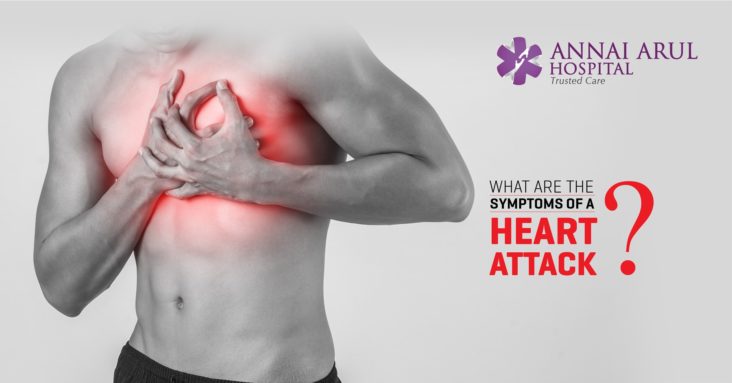When there is a lack of blood supply to the heart, the heart muscle is deprived of the oxygen it needs. Without the oxygen the cells in the heart muscle get damaged or die off. This is what happens in a heart attack and the best thing to do is to restore the blood supply quickly. Seek medical assistance the instance you feel some discomfort or have symptoms of heart attack.
What causes heart attack?
When cholesterol and fatty substances build up they cause a plaque to develop on the blood vessel walls. This makes it difficult for the blood to flow in the blood vessels that take blood to the heart. The heart attack actually occurs when a piece of this plaque breaks and gets lodged in a smaller artery. A blood clot also forms around the broken plaque and together they block the passage of blood in the artery.
What are the symptoms?
The symptoms are usually pain, pressure and discomfort in the chest region. You may also feel shortness of breath, there may be profuse sweating and even faint or feel sick. The neck, jaw or shoulders may also hurt. There may be cold sweat and feel pain down their left arm.
Symptoms in women
Women usually feel back or neck pain, heartburn and shortness of breath. They have stomach trouble including upset stomach and even throw up. Feelings tired, light headed or dizzy are other symptoms in women who experience a heart attack. Women may suffer from flu like symptoms just couple of week prior to a heart attack.
What are the emergency steps?
When somebody suspects a heart attack then they should call for medical help immediately. A person is more likely to survive if they get treatment within 90 minutes of a heart attack. The patient can chew on an aspirin to prevent blood clot and if unconscious they may need a CPR.
What is the diagnosis for heart attack?
An EKG checks the heart’s electrical activity and helps doctors to know if the patient is having a heart attack. It can also show which of the artery has a clog or blockage. Blood tests that test for protein in the blood stream released by blood cells as they perish can be an indicator of a heart attack.
What is the treatment?
Since heart attack is a serious health emergency it is given priority in hospitals. The first task that a doctor wants to perform is getting the blood flowing back to your heart. The experts will administer drugs to dissolve the blood clots or a coronary angioplasty is done to open the blockage if any by flattening the plaque against the blood vessel wall. The doctors may even place a small stent or mesh tube in the blood vessel to keep it open.
Risk factors for heart attack
The chances of getting a heart attack is more as you age and men are more likely to suffer a heart attack than women. The genetic disposition or family history of heart attack is another serious factor. High blood pressure, cholesterol and diabetes are equally important risk factors. Stress, lack of exercise and depression are also risk factors. Smoking is another lifestyle habit that will cause heart attack.


